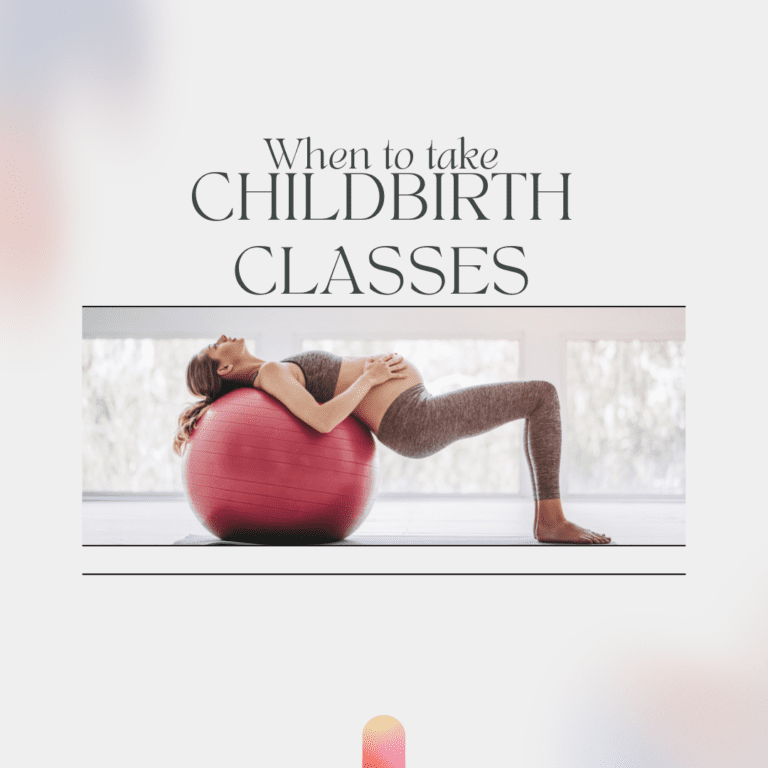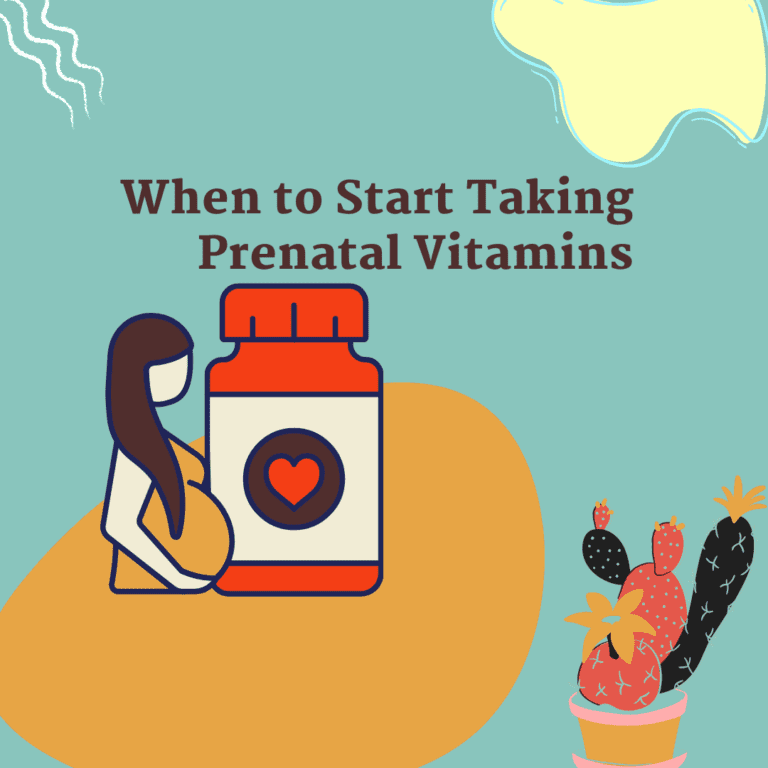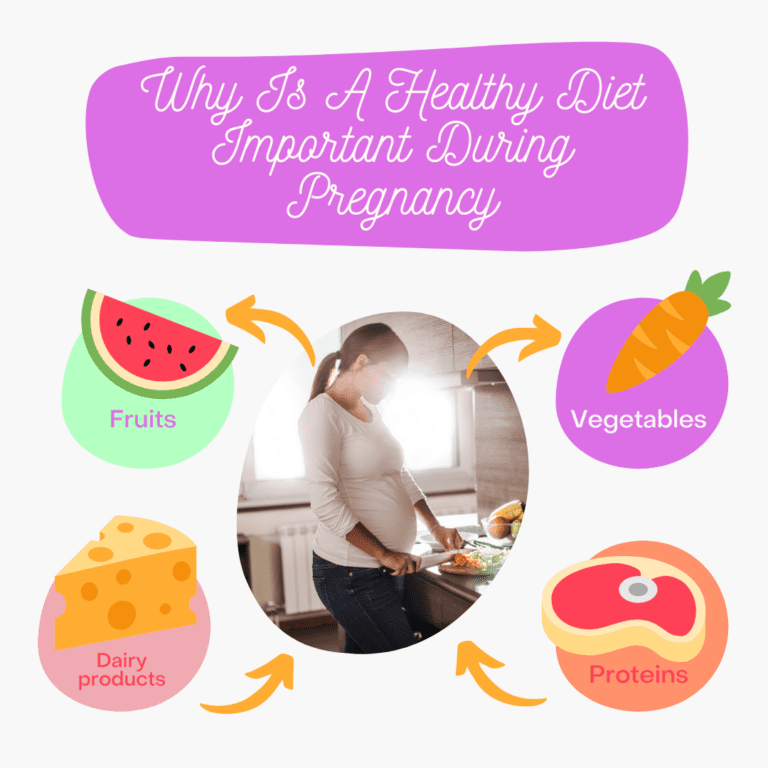During pregnancy, there is a significant increase in the requirement for nutrients. It is possible to cover it with daily meals if you eat a well-balanced and diverse diet. Some elements, such as folic acid, should, however, be taken in the form of a dietary supplement in addition to the diet. Always speak with your doctor or midwife before using this medication.
You should consume meals that contain a variety of critical nutrients, regardless of whether or not you take vitamin and mineral supplements on top of that. This is especially true for Iron and Calcium in Pregnancy.
How Much Calcium Should Women Consume During Pregnancy?
Calcium is essential for the growth and development of your baby’s bones and teeth, as well as for the health and strength of your own bones and teeth. Women who are pregnant or nursing require around 1000 mg of calcium each day. If you are under the age of 19, the dose is considerably higher at 1200 mg.
Milk and dairy products, particularly hard and sliced cheese, are excellent sources of calcium, with hard and sliced cheese having a greater calcium content than soft cheese.
Broccoli, kale, and fennel are among the veggies that are high in calcium. A mineral water that contains a higher concentration of calcium might also be an excellent source of supplies. However, it should have at least 150 mg of calcium per liter of water and, in exchange, should contain as little sodium as is reasonably practicable.
How Much Iron Should Women Consume During Pregnancy?
Iron aids in the production of blood cells and the prevention of anemia. Pregnant women require an additional 30 milligrams of iron each day.
Due to the difficulty in obtaining the iron they require from diet alone, some pregnant women must take iron supplements during their pregnancy. The use of iron supplements should always be addressed with the midwife or gynecologist before beginning, because iron supplements might have negative side effects such as constipation.
Meat is a good source of iron, not only because the iron in it is readily absorbed by the body, but also because it contains a lot of it. Legumes, such as lentils or beans, as well as vegetables like as fennel and spinach, are excellent sources of iron in the diet. If you eat foods that are high in vitamin C at the same time, your absorption will be improved. Typical examples include fresh fruit and vegetables such as peppers, as well as a glass of freshly squeezed orange juice to drink alongside the meal.
Because coffee and black tea both impede iron absorption, they should not be drank with meals and should be consumed with caution in general when pregnant.
When you are pregnant, there is a lot to do in order to keep yourself and your child healthy and aware. Pampers provides you with a plethora of helpful hints and information to help you through this memorable occasion.


